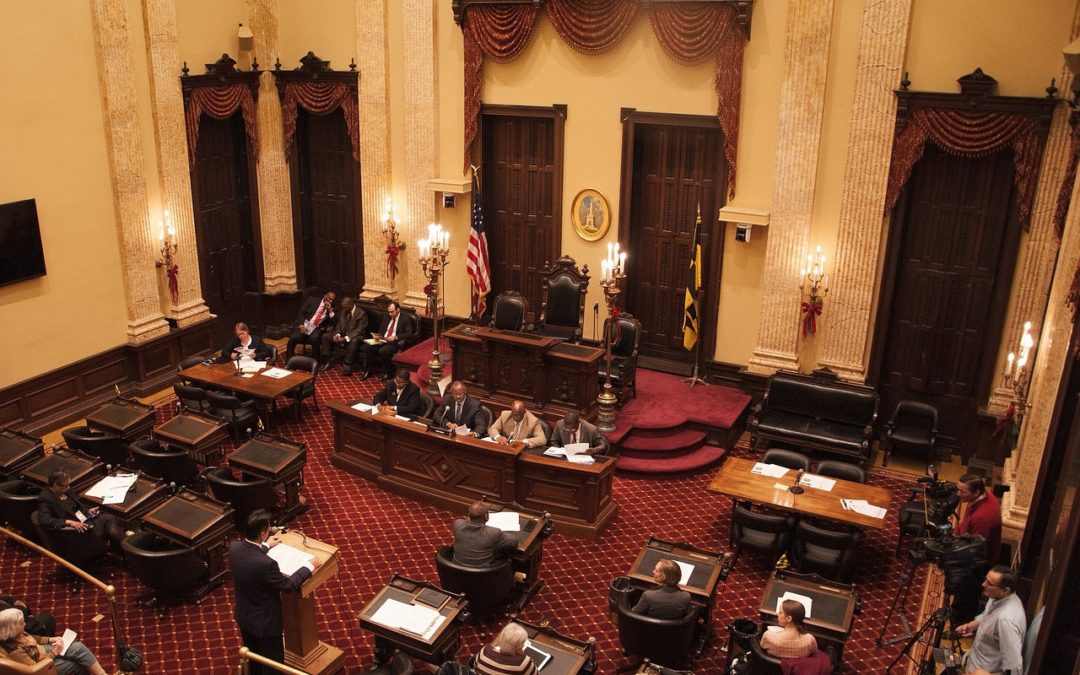Most affected communities are aware by now of case Quality Built Homes v. Town of Carthage, in which the North Carolina Supreme Court generally found that cities, counties, and towns do not have broad legal authority to charge up-front water and sewer fees to developers to fund future system improvements (and any brief summary of the case will be overly broad). Many local governments are working to re-cast their fee structures and bracing themselves for claims for refunds, and the League of Municipalities has a goal to seek legislation to address the problems arising from the case (look under the “Public Infrastructure” goal in the linked material).
We won’t address the substance of the case – if you want more information on that, start with this detailed blog post from the School of Government. But with many localities working on (or at least thinking about) the continuing disclosure filings that are due January 31, we wanted to address the possible effect of the Carthage case on a variety of local government disclosure issues.
The good news is that the Carthage case probably won’t require any specific treatment in your continuing disclosure filings. You need to check the specific terms of your disclosure commitment, but there’s nothing in either the terms of the specific federal rule requiring the disclosure or the LGC’s standard form undertaking that would require specific discussion – and this will be true even if you have an active request for refund, and even if that request matures into litigation. Here’s the text of the disclosure rule, and here’s a helpful summary of the requirements.
On the other hand, if you are working on a new bond offering document, especially one that involves financing for your water and sewer system, you may well need to make mention of the effects of the Carthage case. This could include, for example, discussing any changes you are planning for your system of rates, fees and charges, and disclosing any pending or threatened litigation that could be material to your financial condition.
When a locality closes a bank placement financing, the locality is often asked to make representations about adverse litigation and about other events with a possible material negative financial effect. We think a government would be well advised to modify the standard closing representations with a mention of any actual challenges or claims for refund that you have, or expect, as well as a general reference to the case and its possible, even if unquantifiable, effects.
We are always happy to talk more about the subjects of our blog posts – let us know if we can help. Please see our disclaimer and please click here for more information about our public finance practice.

